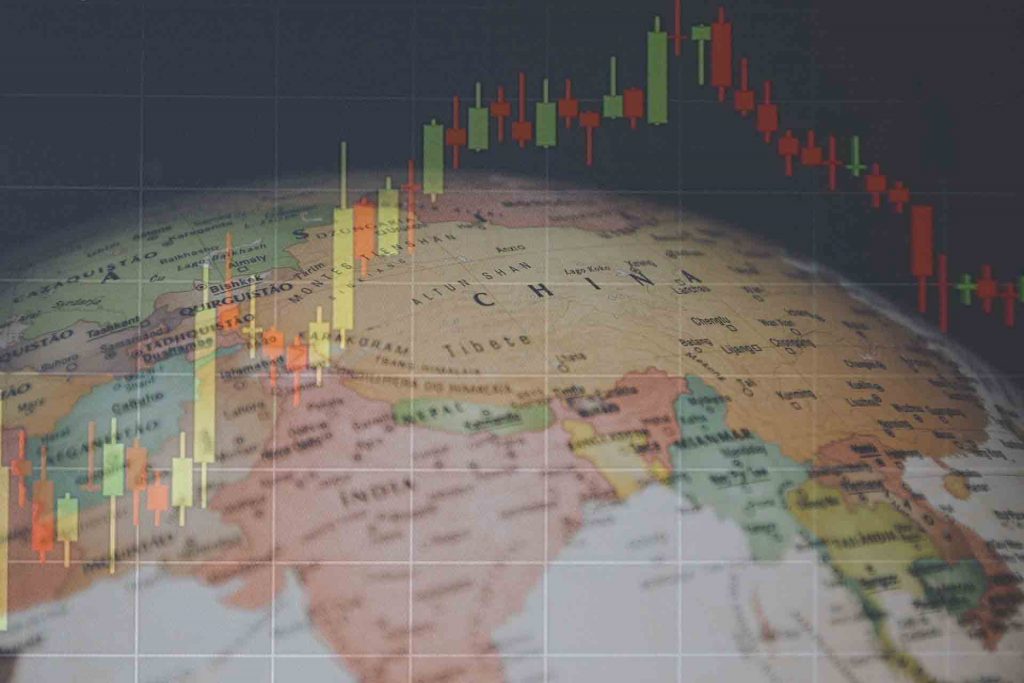
Geopolitical events exert a profound impact on the global stock market, which influences investor sentiment, market volatility, and the overall trajectory of financial markets. Geopolitical factors, ranging from political tensions and trade disputes to geopolitical crises, have the potential to send shockwaves through financial markets. Understanding how these events influence stock market investments is crucial for investors and it is helpful to make informed investment decisions in an interconnected world.
Immediate Market Reactions
Geopolitical events often trigger immediate reactions in the stock markets. Sudden political developments, such as elections, diplomatic tensions, or unexpected policy shifts, can lead to heightened volatility. Markets react to uncertainty, and geopolitical events inject a sense of unpredictability that can result in rapid buying or selling activities.
Market Volatility
Geopolitical events are often accompanied by increased market volatility. Investors react to uncertainty by adjusting their portfolios, leading to sharp price movements in stocks, commodities, and other financial instruments. Elevated volatility can create both challenges and opportunities for traders and investors.
Impact on Global Economic Sentiment
Geopolitical events can significantly influence global economic sentiment. Trade tensions between major economies can disrupt supply chains, impact global trade volumes and economic growth expectations. Investors closely monitor these events as they assess the potential implications for corporate earnings and overall market performance.
Sector-Specific Impacts
Different sectors respond differently to geopolitical events based on their exposure and vulnerabilities. For instance, energy stocks may be particularly sensitive to developments in oil-producing regions, while technology stocks may react to trade tensions affecting supply chains. Investors need to be sector-aware and consider the potential sector-specific impacts of geopolitical events on their portfolios.
Safe-Haven Assets and Flight to Quality
Geopolitical uncertainty often leads investors to seek refuge in safe-haven assets. Gold, U.S. Treasuries, and other perceived safe-haven assets tend to see increased demand during times of geopolitical turmoil. This flight to quality reflects investors’ desire for assets considered less risky in the face of uncertainty, impacting the prices of these assets and their associated markets.
Currency Markets
Geopolitical events can also have a major impact on currency markets. Political instability or economic challenges in one country can lead to fluctuations in its currency’s value. Investors engaged in international investments must be mindful of potential currency risks and fluctuations resulting from geopolitical events.
Impact on Energy Markets
Geopolitical events in oil-producing regions can significantly impact energy markets. Tensions in the Middle East or disruptions to major oil-producing countries can lead to fluctuations in oil prices. As energy prices are a crucial factor in economic activities, changes in this sector can have broad implications for the stock market.
Longer-Term Structural Changes
While immediate reactions are common, some geopolitical events can lead to longer-term structural changes in the global economy. For example, shifts in trade alliances, changes in regulatory frameworks, or geopolitical realignments can have lasting impacts on specific industries and markets. Investors should consider the potential for structural changes when evaluating the long-term implications of geopolitical events.
Investor Sentiment
Geopolitical events influence investor sentiment, shaping the overall mood of the market. Positive developments, such as diplomatic resolutions or successful negotiations, can boost confidence and encourage investment. Conversely, negative events can create a sense of uncertainty and prompt investors to adopt a more cautious stance.
In conclusion, the impact of geopolitical events on the stock market is multi-faceted and complex. Investors must remain vigilant, stay informed about global developments, and adapt their investment strategies to navigate the uncertainties introduced by geopolitical factors. While these events pose challenges, they also present opportunities for those who approach the market with a strategic and informed perspective. The ability to assess geopolitical risks and their potential consequences is a valuable skill for investors seeking to thrive in an ever-evolving global financial landscape.
